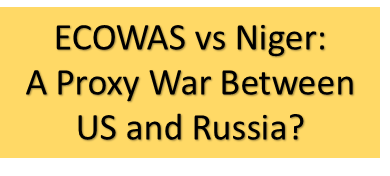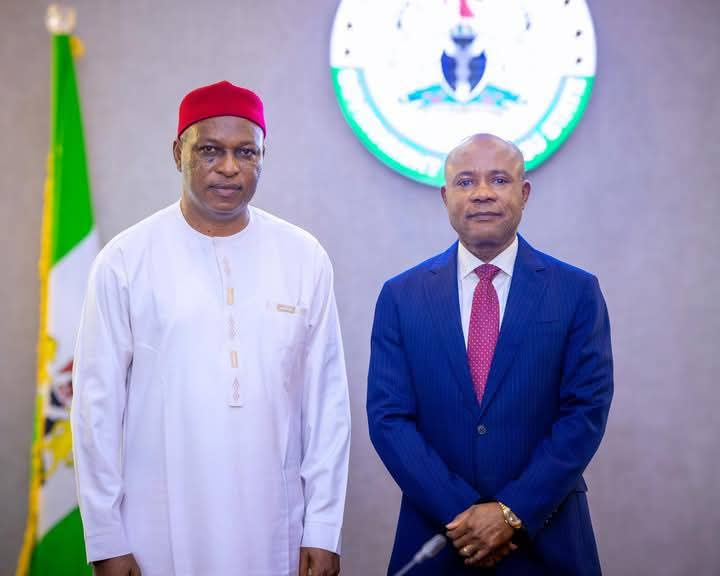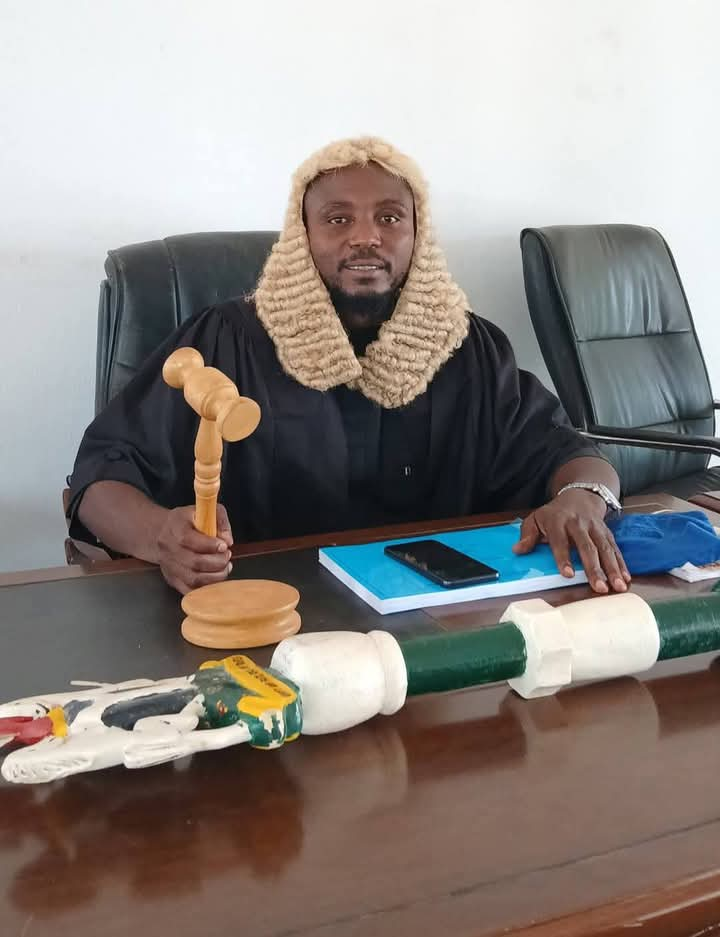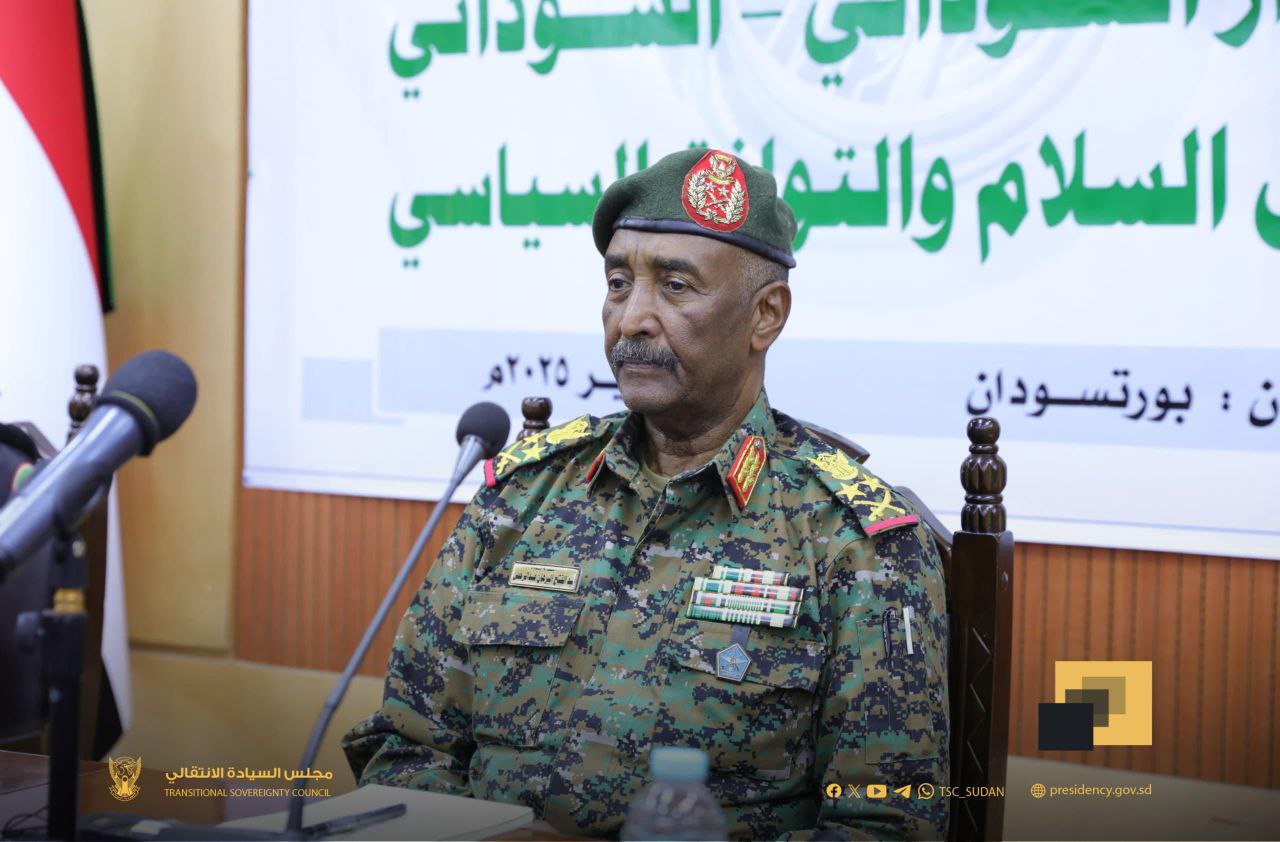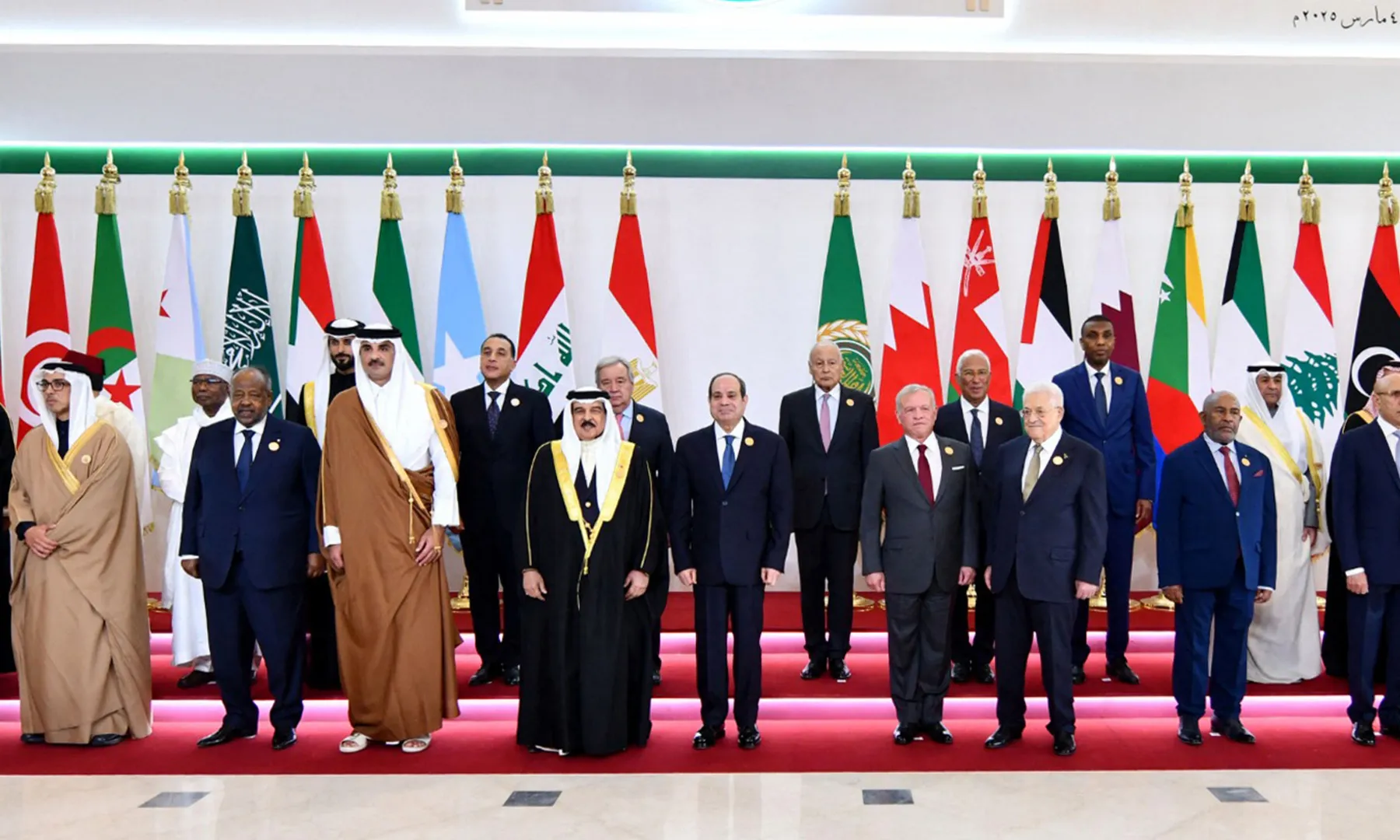In the face of rising tensions between ECOWAS (Economic Community of West African States) and Niger Republic, Senator Shehu Sani has raised critical concerns about the potential consequences of any armed invasion. The Senator, in a series of thought-provoking tweets, outlined 13 reasons why Nigerians should not support military action against the neighboring country.
At the center of the argument lies the question of whether the armed invasion is merely a conflict between Nigeria and Niger, given their close proximity. Senator Sani warns that the international community, particularly Russia and its private military company Wagner, may come to Niger’s aid, leaving Nigeria to bear the financial burden of prosecuting the operation. It is essential to note that Nigeria covers a substantial 70% of ECOWAS’ budget, making external support uncertain.
The Senator further highlights the potential ramifications of a military engagement on Nigeria’s bordering states, such as Sokoto, Zamfara, Katsina, Jigawa, and Yobe. An armed conflict could expose these regions to direct hits and exacerbate security challenges within the country.
Moreover, Senator Sani questions the inconsistency in responding to military coups in other West African nations. While interventions in Guinea, Mali, Burkina Faso, and Chad were not pursued, the prospect of action against Niger Republic raises eyebrows. The Senator points out that even the American and French military bases within Niger Republic did not halt the coup, leading to suspicion and concerns about their intentions.
He emphasizes the crucial role played by Niger in assisting Nigeria’s fight against terrorist groups and accommodating over 303,000 Nigerian refugees. Any military aggression against the country could put these vulnerable populations at risk and strain the already complex security situation in the region.
Senator Sani urges President Tinubu not to be coerced into triggering a war with a neighboring nation and being left to deal with the aftermath alone. He argues that no West African country possesses the military capability to initiate or sustain a conflict with Niger Republic, ultimately leaving Nigeria as the primary actor.
Drawing parallels with other international conflicts, the Senator points out that Saudi Arabia’s engagement in Yemen has proven costly and challenging, while the military regime in Myanmar remains untouched by stronger nations contemplating military action.
With ongoing internal security challenges, particularly the fight against terrorism, Senator Sani argues that Nigeria should concentrate its resources on resolving domestic issues rather than engaging in external conflicts.
Lastly, he cautions against the likelihood of other neighboring countries, such as Mali, Burkina Faso, and Guinea, entering the fray to support Niger Republic, potentially launching attacks on Nigerian territories.
In conclusion, Senator Shehu Sani’s insights shed light on the complexities and potential consequences of a military confrontation between ECOWAS and Niger Republic. As the situation unfolds, it remains to be seen how the international community and regional leaders, including President Tinubu, will navigate this delicate situation. The gravity of this emerging proxy war, with Russia and the US possibly playing key roles, demands careful consideration and diplomatic approaches to ensure stability and peace in the region.
ECOWAS vs Niger: A Proxy War Between US and Russia
In the face of rising tensions between ECOWAS (Economic Community of West African States) and Niger Republic, Senator Shehu Sani has raised critical concerns about the potential consequences of any armed invasion. The Senator, in a series of thought-provoking tweets, outlined 13 reasons why Nigerians should not support military action against the neighboring country.
At the center of the argument lies the question of whether the armed invasion is merely a conflict between Nigeria and Niger, given their close proximity. Senator Sani warns that the international community, particularly Russia and its private military company Wagner, may come to Niger’s aid, leaving Nigeria to bear the financial burden of prosecuting the operation. It is essential to note that Nigeria covers a substantial 70% of ECOWAS’ budget, making external support uncertain.
The Senator further highlights the potential ramifications of a military engagement on Nigeria’s bordering states, such as Sokoto, Zamfara, Katsina, Jigawa, and Yobe. An armed conflict could expose these regions to direct hits and exacerbate security challenges within the country.
Moreover, Senator Sani questions the inconsistency in responding to military coups in other West African nations. While interventions in Guinea, Mali, Burkina Faso, and Chad were not pursued, the prospect of action against Niger Republic raises eyebrows. The Senator points out that even the American and French military bases within Niger Republic did not halt the coup, leading to suspicion and concerns about their intentions.
He emphasizes the crucial role played by Niger in assisting Nigeria’s fight against terrorist groups and accommodating over 303,000 Nigerian refugees. Any military aggression against the country could put these vulnerable populations at risk and strain the already complex security situation in the region.
Senator Sani urges President Tinubu not to be coerced into triggering a war with a neighboring nation and being left to deal with the aftermath alone. He argues that no West African country possesses the military capability to initiate or sustain a conflict with Niger Republic, ultimately leaving Nigeria as the primary actor.
Drawing parallels with other international conflicts, the Senator points out that Saudi Arabia’s engagement in Yemen has proven costly and challenging, while the military regime in Myanmar remains untouched by stronger nations contemplating military action.
With ongoing internal security challenges, particularly the fight against terrorism, Senator Sani argues that Nigeria should concentrate its resources on resolving domestic issues rather than engaging in external conflicts.
Lastly, he cautions against the likelihood of other neighboring countries, such as Mali, Burkina Faso, and Guinea, entering the fray to support Niger Republic, potentially launching attacks on Nigerian territories.
In conclusion, Senator Shehu Sani’s insights shed light on the complexities and potential consequences of a military confrontation between ECOWAS and Niger Republic. As the situation unfolds, it remains to be seen how the international community and regional leaders, including President Tinubu, will navigate this delicate situation. The gravity of this emerging proxy war, with Russia and the US possibly playing key roles, demands careful consideration and diplomatic approaches to ensure stability and peace in the region.
